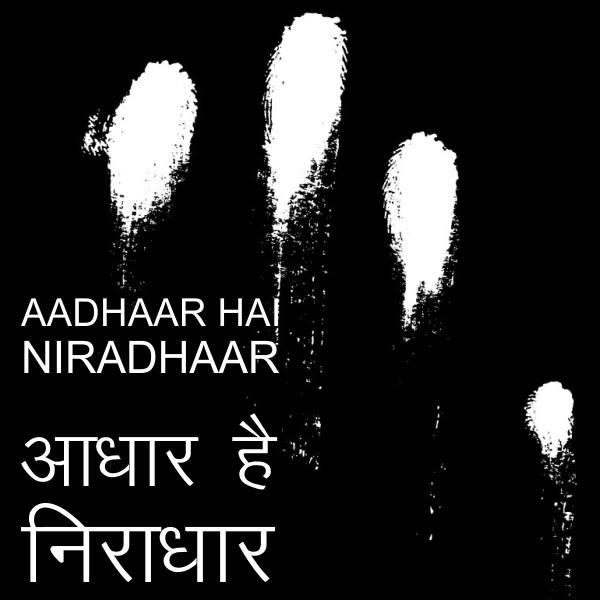Everybody from the poorest beneficiary to the PDS shop owner with the e-Point of Sale device meant for Aadhaar authentication has to trudge uphill for nearly half a kilometre in a village in Jharkhand’s Latehar to carry out everyday transactions.
Hindustan Times, Latehar (Jharkhand)

Over 300 families residing in Latehar’s Rewat Khurd village face a strange problem. The only way they can get Aadhaar authentication done to receive their entitlements under the public distribution system (PDS) is by scaling a hill in the locality.
According to villagers, a certain corner of the hill is the only place in the entire area that offers access to mobile connectivity. Hence, everybody from the poorest beneficiary to the PDS shop owner in possession of the e-Point of Sale (e-PoS) device meant for Aadhaar authentication has to trudge uphill for nearly half a kilometre in order to carry out everyday transactions.
Even if they do make the trek, not every attempt turns out successful. While the villagers are forced to wait for hours to get their fingerprints authenticated on some days, they are forced to return empty-handed on others.
In the midst of all this, a blame-game rages on.
Villagers blame the members of Ekata, a women’s self-help group (SHG) entrusted with operating the PDS outlet, for their woes. The SHG, for its part, accuses local government officials of ignoring their demands for a mobile tower in the village or – at least – conferment of the “offline status” on their outlet.
Incidentally, all the 124 PDS outlets in Mahuadand and Garu blocks of the district have gone offline, which means beneficiaries can put their thumb impressions on e-PoS devices that are not connected to any mobile network.
“We are forced to climb this hill to get just five kg of foodgrains. Many old and physically challenged people are unable to do it,” said Lilmaniaya Devi, a local resident. Her neighbours, Shivchandra Yadav and Gansi Devi, agree that making the climb regularly can be quite a daunting task.
SHG president Bimla Devi, however, insists that they are not at fault. “The villagers hurl abuses at us, but what can we do? We have asked the authorities several times to either grant us offline status or set up a mobile tower, but they don’t seem to be listening,” she said.
No quick solution seems to be forthcoming either. Latehar district supply officer Shail Prabha Kujur said granting offline tags to PDS outlets was a time-consuming process jointly performed by district and state-level officials. “We have to conduct several rounds of inquiry at various levels to ascertain that the area has no mobile network connectivity. Elected public representatives are not in favour of such a move either,” Kujur added.
Basant Yadav, a member of the district PDS vigilance committee, said the government avoids granting the offline status indiscriminately to outlets for a reason. “Many dealers seek this provision because it helps them sell PDS foodgrains in the black market.
https://www.hindustantimes.com/india-news/aadhaar-woes-where-villagers-are-forced-to-climb-a-hill-for-5-kg-of-foodgrains/story-7FCnCzDaikoUNWfW7C1zbK.html

January 29, 2018 at 4:19 pm
The failure of net connectivity is causing villagers to face difficulty in obtaining PDS rations. They are forced to look for convenient places to confirm biometric identity